There’s a rare breed of officers in India – the kind who are willing to serve the country at all costs. In a country like India which is plagued with most things wrong where political, public and bureaucratic corruption is at its zenith it is nice to find a couple whistleblowers whose courage, honesty and determination to fight against odds has resulted in public good. These whistleblowers play a major role in fighting corruption and often pay a heavy price in the form of their lives.
GR Khairnar
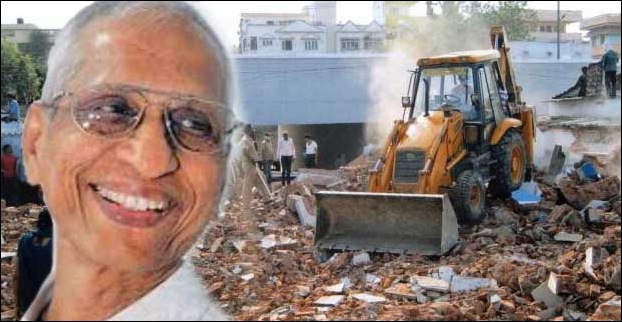
Bombay’s ‘one-man demolition army’ is how Govind Rao Khairnar, former Deputy Commissioner of Brihanmumbai Municipal Corporation is best known as. Responsible for a number of demolitions of illegal construction in the city, his activities have often brought him in confrontation with even the city mafia, against whom he has even lacked his government’s support. He has nevertheless carried on; resulting in numerous transfers in his career as he has for years waged a lone and sometimes losing battle against those flouting the laws. Born in a farming family at Pimpalgaon in Nasik, his journey has been anything but easy.
Most thought he was seeking the limelight. While the public and the media admired his courage, a survey revealed that 76.7 percent of his fellow bureaucrats opposed his conduct. However, Khairnar had made excellent use of the media, he mobilized the public, and he ex[posed the entrenched links between corrupt politicians and criminals. Khairnar is widely perceived as a man with zeal and drive, a man fighting against an unjust system.
T N Seshan
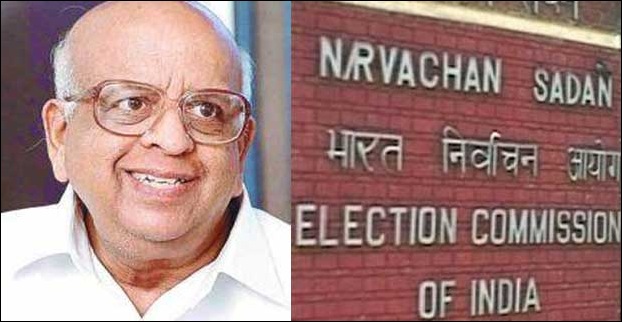
Ignoring threats and entrenched interests, the admired and controversial T N Seshan helped clean up India’s elections. Seshan is the former cabinet secretary and chief election commissioner; he also won the Ramon Magsaysay Award for Government Service in 1996. Tirunilayi Narayana Iyer Seshan is best remembered as the man who cleaned up Indian elections.
Seshan stepped into profession went with two principles: zero delay and zero deficiency. During his early days on the job, Seshan identified over 100 common electoral malpractices, including the preparation of inaccurate election rolls, mistakes in setting up polling stations, coercive electioneering, spending more than the legal limit, using goons to snatch polling booths and general abuse of authority.
It was Seshan who began issuing identity cards to voters. "We wanted to issue photo identification cards to all legal voters," he says. By 1996, Seshan’s last year on the job, 2 million voters had ID cards. It was reported that Seshan reviewed more than 40,000 alleged cases of false election returns and disqualified 14,000 potential candidates from public office. He was impervious to the demands of politicians; so much so that in 1992, when the Commission under him cancelled elections in Bihar and Punjab, some politicians tried to have him impeached.
Ashok Khemka
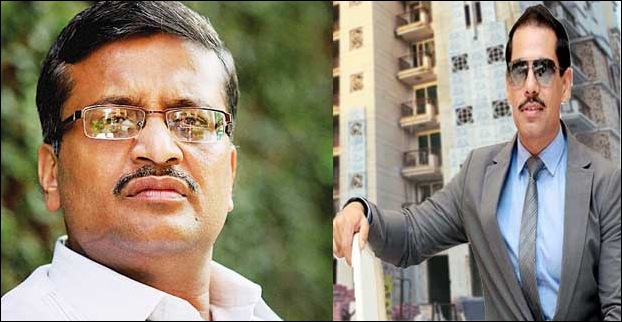
Ashok Khemka is a senior Indian Administration Service officer, in the Indian state of Haryana. He is best known for cancelling the mutation of Sonia Gandhi’s son-in-law Robert Vadra’s illegal land deal in Gurgaon. An IIT-Kharagpur graduate and a winner of S R Jindal in 2011 for “Crusade against Corruption”, Khemka is known for his twice transfers in a year, while in his service. This is the best illustration of the vulnerable situation of whistleblowers in our country.In fact , he had 44 transfers in his 23 years of career.
Ashok Khemka tried hard to address corruption and bring reforms in the transport dept of the country, despite severe limitations and entrenched interests. The Haryana transport dept, under Khemka, had recently banned plying of long body trailers without obtaining permission. In the transport department, Khemka had denied fitness certificates to over-sized trucks and trailers for carrying automobiles, leading to truckers’ strike in January. Two days after 60,000 trucks and trailers went off the roads, the state government gave them one year’s time to follow the rules for vehicle fitness and the transporters called off the strike.
Vinod Rai
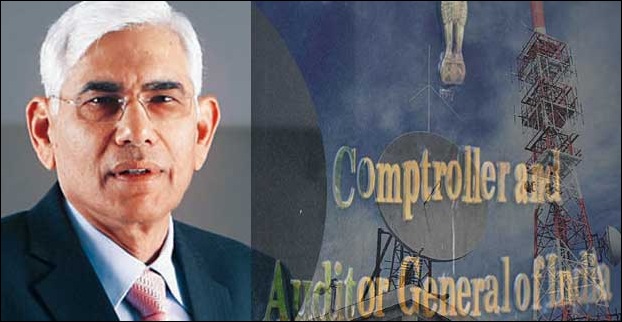
A former IAS officer, Rai served as a Comptroller and Auditor General for 35 years, as a lone warrior. His title evokes merely tedium—the Comptroller and Auditor General of India (CAG). Mr Rai gamely details the many good works of his organisation, which employs 45,000 folk, most of them checking the book-keeping and compliance processes of the public sector. Mr. Rai took over as the Comptroller & Auditor General of India on 7th January 2008.
He served as the chairman of United nations Panel of External Auditors and member of the Governing Board of the International Organization of supreme Audit Institutions. Under Mr. Rai’s tutelage since 2008, the office has evolved into a source of graft and wasteful use of public resources. It has issued a series of explosive investigative reports, the most devastating of which came in late 2010, detailing a multi billion dollar scam over licences for 2G mobile phone networks. In 2011, the CAG turned its insights on graft an ineptitude at the Delhi Commonwealth games and on a Mumbai property scam cooked up by top military officers.
U.Sagayam
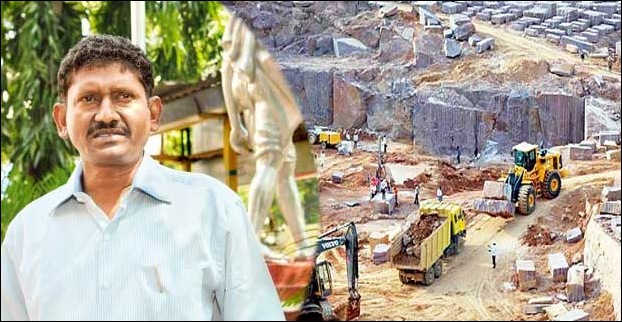
By refusing to take bribes, the Madurai collector has earned 18 transfers in 20 years, a modest house and bank balance and lots of respect.
Sagayam started cleaning up Madurai the minute he landed here. The main bus terminus at Mattuthavani looked more like a bazaar, with shops all over the bus-shelters and no waiting place for passengers. Even a police outpost had been turned into a shop. Sagayam quickly went through the rulebook, cited the relevant clauses and cleaned up the entire area. “A violation is a violation,” believes Sagayam, “but we will help them rehabilitate.”
Sagayam’s masters degrees in social work and law come in useful in his role as an administrator. When he was in Kanchipuram as revenue officer, he took on the sand mafia, ordering them to stop dredging sand from the Palar riverbed. During the last polls, Sagayam took on M.K. Azhagiri, the local MP and son of former CM and DMK supremo M. Karunanidhi. He conducted voter awareness campaigns in colleges; the DMK petitioned the court twice, seeking to end what it said was an attempt to influence voters, but the court demurred.
These are professionals, and there are unsung heroes who dedicate their professions for the rise of the nation. What India needs is economic reforms. Societies with greater economic reforms have lower corruption, these activists believe. India as a nation is an epitome of faith, and these brave personalities are sources that keeps up the faith alive.

Welcome to MithilaConnect, where we curate the art of living, celebrating the vibrant tapestry of life through culture, fashion, food, and everything in between.
